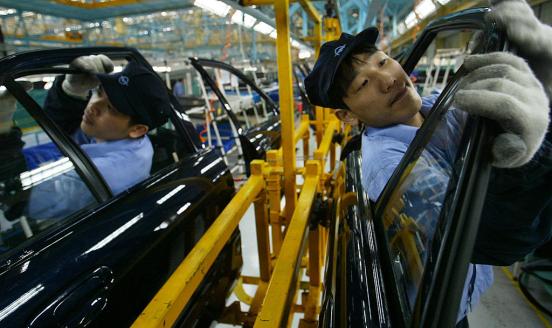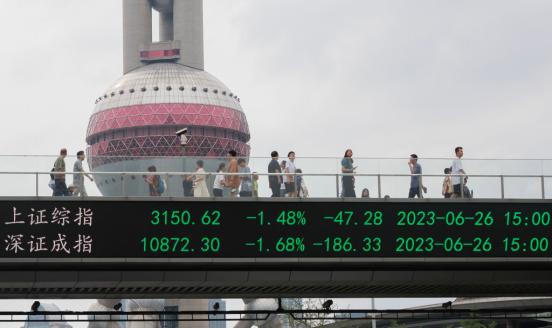Creative Destruction
The positive force of innovation is often perceived as indisputable. A piece from the Economist casts some doubt over this traditional wisdom. The article discusses a book by economist Erik Brynjolfsson and technology expert Andrew McAfee, entitled “Race Against the Machine.” The book’s main theme: innovation can have adverse effects on workers. Technological improvements make it possible for firms to off-shore back-office responsibilities, and sometimes completely replace tasks formerly performed by individuals. The burden of this is mostly felt by semi-skilled workers, so the argument goes.
The debate is far older than the Economist piece. In 1942, Joseph Schumpeter spoke about creative destruction: new industries are born as old ones disappear, people lose their jobs only to make room for new professions to emerge.
The article does point out however that the beneficial role of innovation cannot be discounted. The industrial revolution ultimately had a positive impact on workers, regardless of skill level. Successful innovation, such as Henry Ford’s invention of the moving assembly line, led to a 2 per cent GDP consumer gain in 1923.
The Economist discusses the issue at length at http://www.economist.com/node/21538699
For a philosophical perspective on the issue, Daniel Hausman offers an interesting analysis:
http://philosophy.wisc.edu/hausman/papers/jack-and-jill.htm



